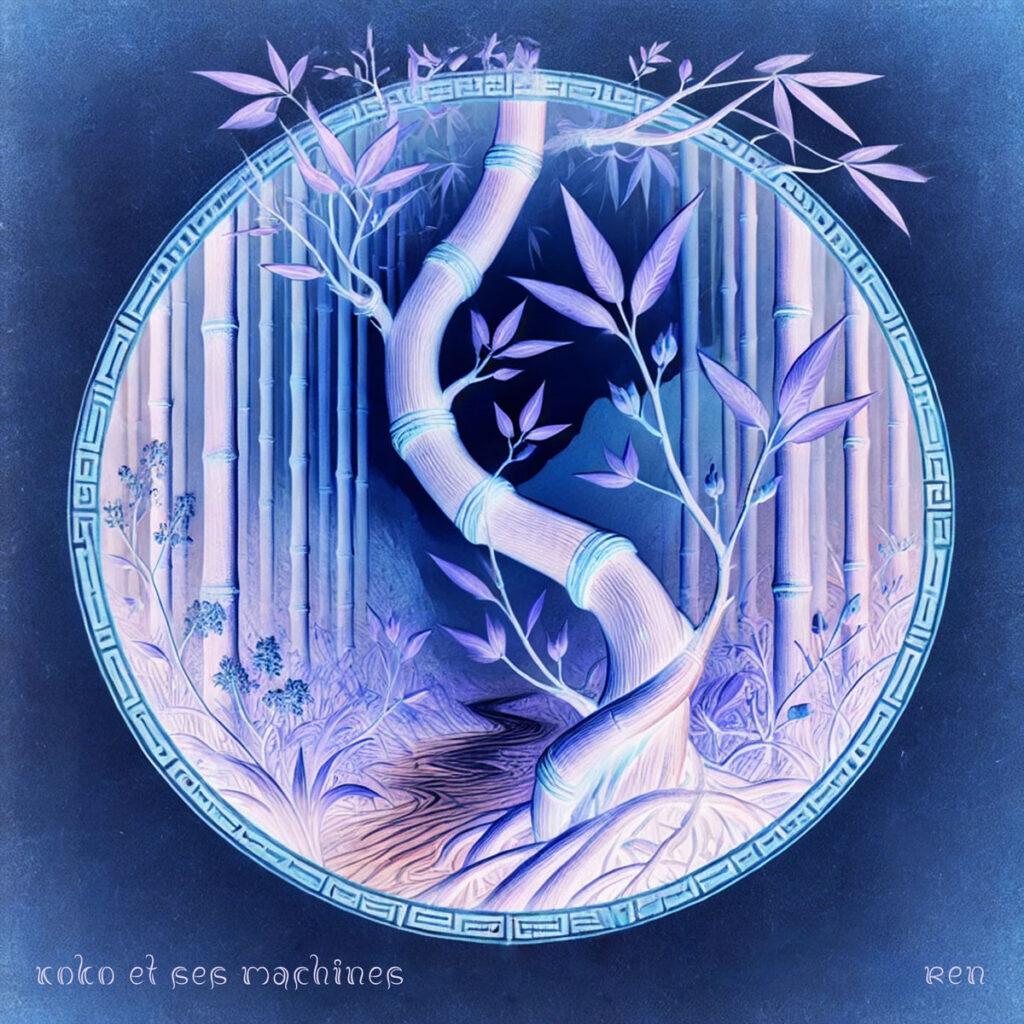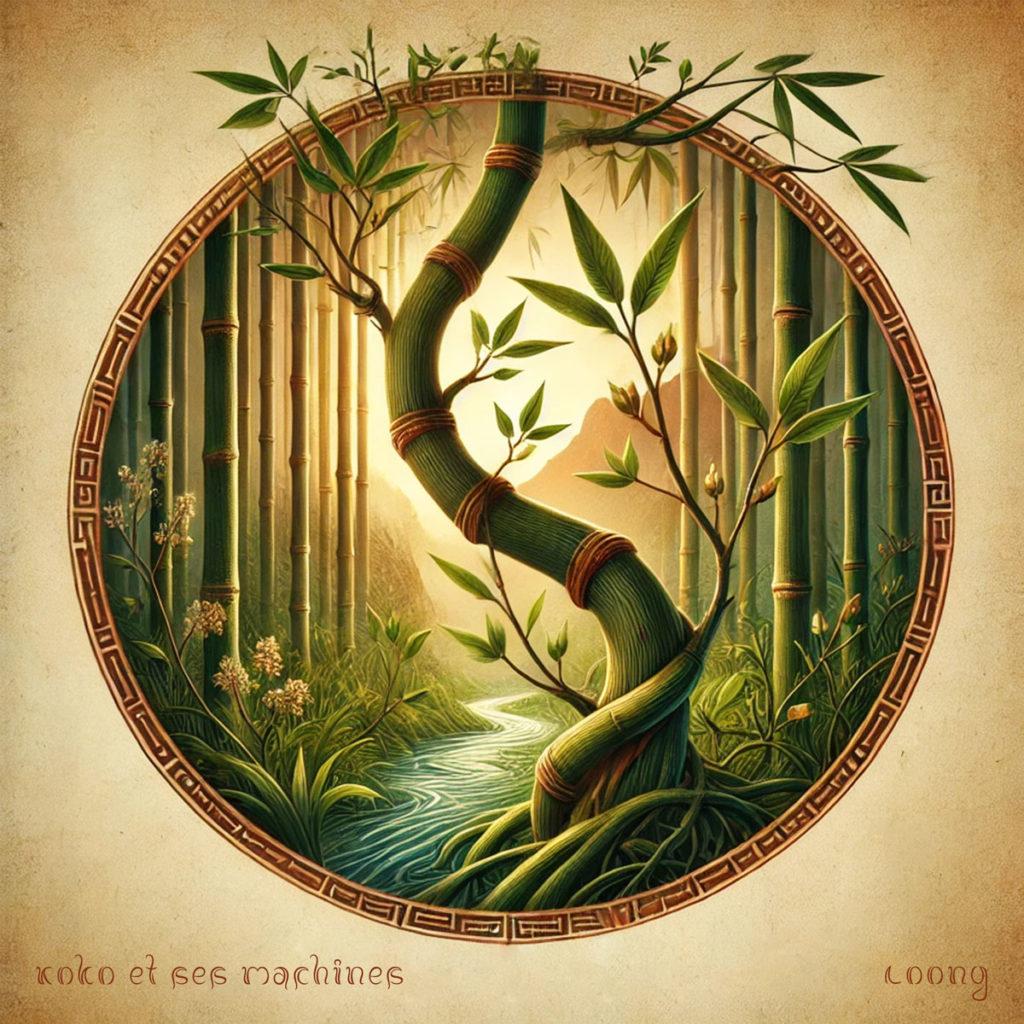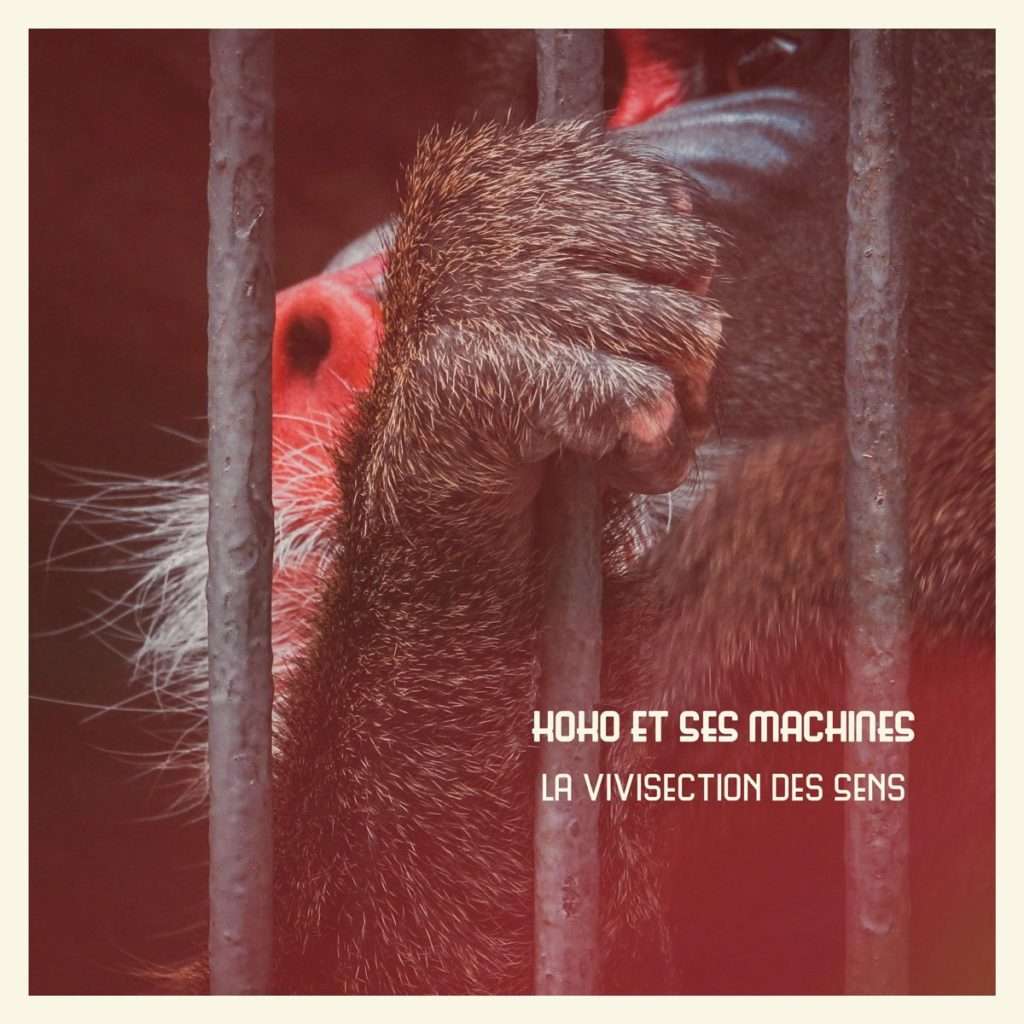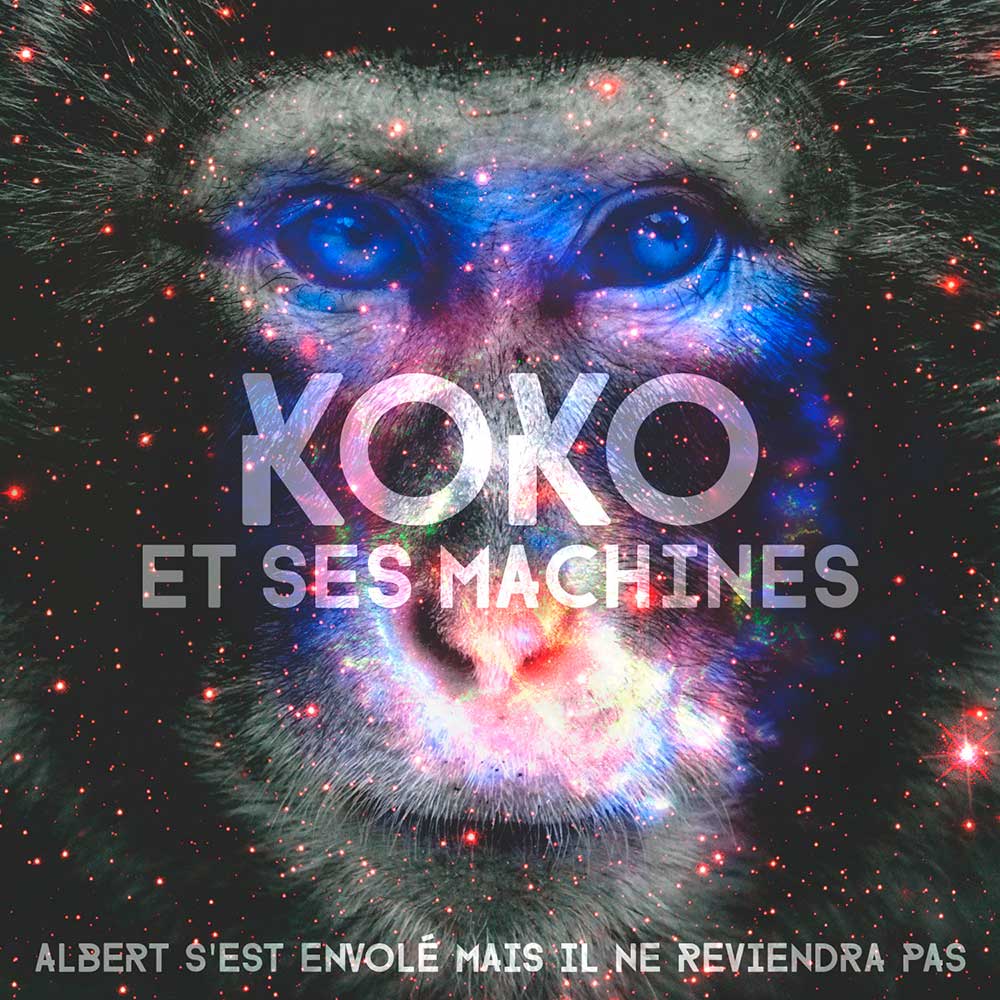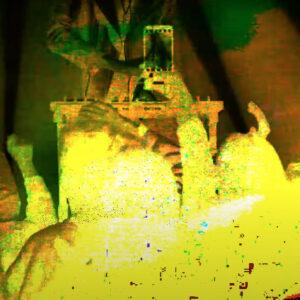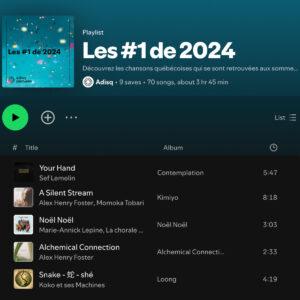
The artist comes from the alleys and underprivileged neighborhoods of the city of Longueuil in the suburbs of Montreal, where shouting matches, arguments, and broken pots are the subject of the daily background soundtrack of a generation raised on a chorus of “Good for nothing!”, “Incapable!”, and “I regret the day you were born!”. Koko, a nickname that came quickly, was in her very closed personal universe, where no one is invited, apart from her music, her poetry and her vision of life. She had to try to push back the boundaries of the impossible and the inaccessible that nourished her daily life while waiting for adulthood to live the only dream that inhabits her; that of leaving these dark streets and arid alleys in order to breathe a freedom that would influence who she is and her great dream of putting these horrors of childhood and adolescence into music and words.
Wanting to be different from her peers who are attracted to the Montreal scene, she decided to go to a place where no one would know her, would look for her, where she could reinvent herself, start from the beginning; Drummondville. Koko was quick to make her unique and original melodies heard throughout the Centre-du-Québec region, distinguishing herself by her musical richness and the sensitivity of her lyrics, relating the ambiguous relationships between comfort and status quo, thus propelling her audience in an atmosphere of anxiety where this idea of transformation slowly takes shape on the horizon.
Her debut album Albert s’est envolé mais il ne reviendra pas received notable attention, especially among animal welfare advocates. For her second album, La Vivisection des Sens, Koko mentioned that she wanted to stay true to her direction of animal protection, because it is an important cause for her, while also wanting to keep a more general approach with the album:
“Someone said on Twitter, where I am active, that he played the song “Laïka” at his brother’s funeral, which totally shocked me. It made me realize that there was more to the message than just the cause and that’s why it gave me a different perspective for my writing process. You can also read the title “La Vivisection des Sens” on a personal level and reflect on what you are doing that hurts the senses… It is not just about animal welfare.”
